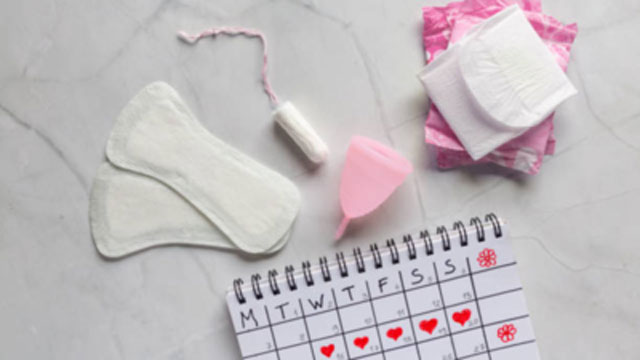Daijiworld Media Network – Mumbai
Mumbai, May 26: Despite medical advancements and growing awareness, menstruation—a completely natural and essential biological process—continues to be wrapped in silence, shame, and stigma in many parts of our society.
Menstruation is not an illness. It’s a sign of reproductive health, experienced by every woman in her reproductive years. Yet, even in 2025, the simple word “period” is often whispered behind closed doors, and young girls are made to feel embarrassed about a process that’s not only normal but vital.

Poor menstrual hygiene continues to have far-reaching consequences. It hampers education, affects health, limits social interactions, and diminishes the self-esteem of adolescent girls. In many rural parts of India and even in urban pockets, misconceptions and cultural taboos drive girls out of school during their periods and discourage them from participating in daily activities.
To combat this, menstrual hygiene education and support are crucial. Teachers, health workers, parents, and caregivers must come together to ensure every girl is equipped with the knowledge, resources, and confidence to manage her periods safely and with dignity.
Do’s for a Healthy Menstrual Journey:
• Educate young girls about menstruation—what it is, why it happens, and the changes their bodies will experience.
• Normalize conversations around periods to help eliminate fear, anxiety, and stigma.
• Inform girls about various menstrual hygiene products—cloth pads, sanitary pads, tampons, and menstrual cups—and help them choose what’s best for their comfort and lifestyle.
• Emphasize cleanliness: daily bathing, keeping the pelvic area dry, and changing pads or tampons every 4–8 hours depending on the product and flow.
• Promote safe disposal of sanitary products and encourage eco-friendly options wherever possible.
• Encourage regular health checkups and awareness of early signs of infections.
• Advocate for HPV vaccination to prevent cervical cancer.
• Stay hydrated and wear breathable, cotton clothing during periods for comfort and hygiene.
Don’ts to Avoid Harm and Misinformation:
• Do not isolate or shame women during their periods.
• Avoid improper disposal of pads and tampons, especially in open or unsanitary conditions.
• Refrain from using products stored in unclean environments or leaving tampons inside too long.
• Say no to scented washes and synthetic innerwear, which can disturb vaginal health.
• Discard food myths and superstitions linked to menstruation—nourishment and rest are crucial, not restrictions.
Every year, May 28 is celebrated as Menstrual Hygiene Day, a global platform dedicated to breaking taboos, spreading awareness, and ensuring access to sanitary products—especially in underserved communities. By supporting this cause, we help reduce school dropouts among girls, improve their health outcomes, and most importantly, let them walk forward with pride in their womanhood.
It’s time we stop whispering and start talking—periods are not a curse; they’re a sign of strength, health, and life itself.